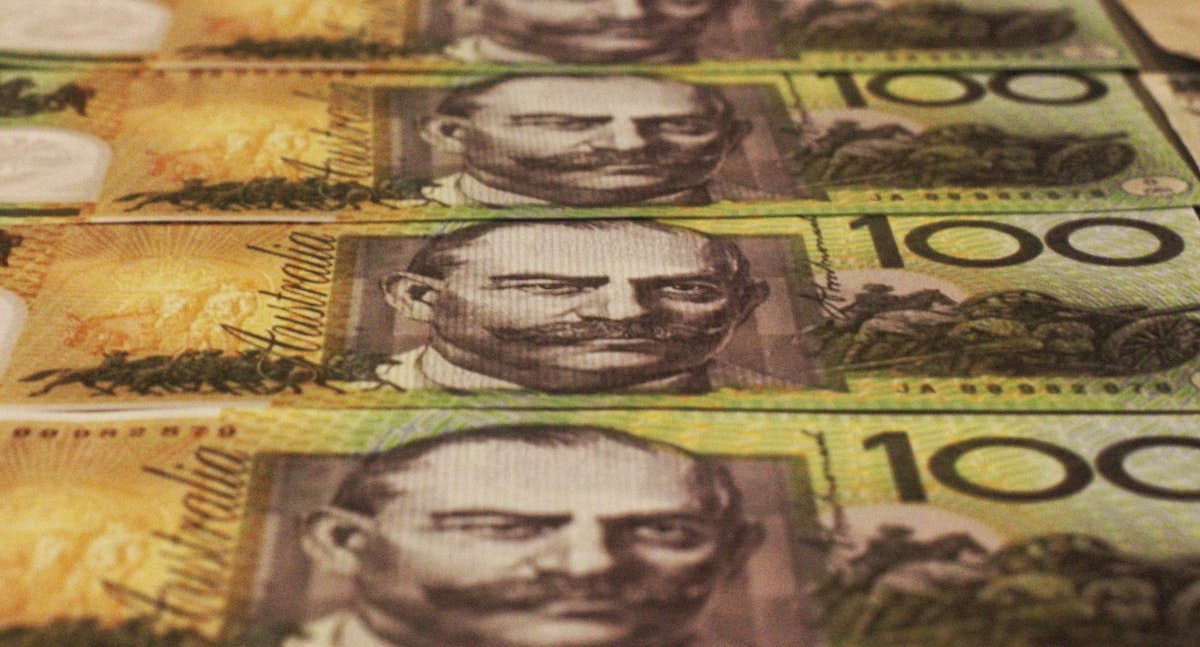Australia may shift its monetary policy stance and raise cash rates to keep inflation at bay, as inflation fears have begun to surface from the economic damage caused by extended lockdowns, a Kalkine Media report noted.
Australian interest rate markets remain poised for a far more aggressive hike path than the Reserve Bank (RBA) expects, and traders are keeping a tight eye on inflation data due out on 27th October.
“The recent inflation rates in the United States are concerning, as they are at a 13-year high, currently at 5.4 per cent, according to the study. However, the United States is often slightly ahead of Australia in terms of inflation, and inflation might surpass this threshold well before 2024,” the Kalkine Media report warned
The report also stated that while Australia is still keeping interest rates low, it may soon make a move. The RBA is determined to keep cash rates unchanged till inflation sustains between 2 per cent to 3 per cent, which it does not expect to happen until 2024.
“Red hot crude oil prices, which have already surged past the US$85-mark, coupled with a wrecked global supply chain creating shortages, are paving the way for cost-push inflation. Petrol prices alone in Australia have touched the roof and are currently at a record high in Sydney, Brisbane, and Melbourne,” the report noted.
Moreover, the Australian and New Zealand dollars were trading around recent highs as traders waited to see if impending Australian inflation data would match a hot reading in New Zealand that boosted rates and currencies last week.
NZ hikes cash rates after seven years
Earlier, New Zealand saw its annual inflation surge 4.9% against a rise of 3.3% in the previous quarter, marking it as the biggest annual surge in over a decade. The New Zealand central bank has already started to contain inflation, hiking its cash rates by 0.25% to 0.5%, the first uptick in seven years.
NZ inflation can rise further if the RBNZ stops here, therefore, it has signalled to further tighten the monetary policy and looks determined to cap inflation near the 1%-3% target.
Any major relief from energy markets is not expected, especially when economies are preparing to open and tone down lockdown restrictions. Neither is the supply chain expected to get back in shape anytime soon as the global pent-up demand has started to overpower the supply chain.
“Domestic inflationary pressure could be lowered to some extent by going the RBNZ way. However, the RBA is likely to be cautious and may not come out with all guns blazing as Australia’s housing debt is expected to reach a record high this year, all thanks to dirt-cheap loans,” the report said.
Keep up to date with our stories on LinkedIn, Twitter, Facebook and Instagram.

